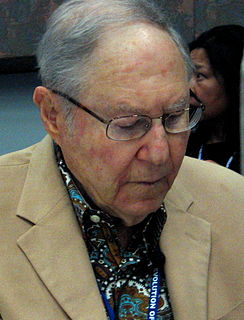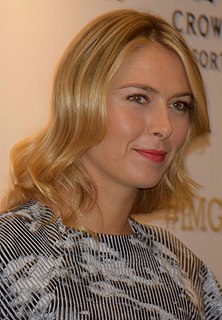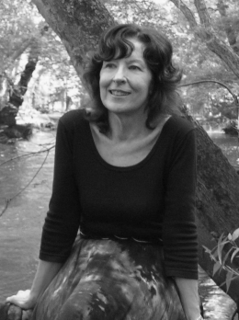A Quote by Jimmy Wales
It has become more important than ever that we teach students how to do research, and how to evaluate different sources of information. (Jimmy Wales, IB World, 68, Sept. 2013, p.10. )
Related Quotes
By instructing students how to learn, unlearn and relearn, a powerful new dimension can be added to education. Psychologist Herbert Gerjuoy of the Human Resources Research Organization phrases it simply: 'The new education must teach the individual how to classify and reclassify information, how to evaluate its veracity, how to change categories when necessary, how to move from the concrete to the abstract and back, how to look at problems from a new direction — how to teach himself. Tomorrow's illiterate will not be the man who can't read; he will be the man who has not learned how to learn.'
It's important to teach students about the reality of the system, that it is in fact the case that they are being targeted unfairly, that the rules have been set up in a way that authorize unfair treatment of them, and how difficult it is to challenge these laws in the courts. We need to teach them how our politics have changed in recent years, how there has been, in fact, a backlash. But we need to couple that information with stories of how people in the past have challenged these kinds of injustices, and the role that youth have played historically in those struggles.
Everything that you've learned: 'Make a lot of money, have a nice house'. But they never teach you at school how to relate, how to communicate with others, how to share values with others. ...They teach you how to make a living. You become an optometrist, he becomes a physicist, she becomes a structural engineer, he's an architect. In the future, none of that. Everybody is trained to be a generalist, so they understand different cultures, different values, how we get to be the way we are. So no-one can ever use you for war or killing anybody or hurting anybody
If you're a "good" teacher, somebody who is responsible or careful, teaching takes time. Teaching is performative. Students nowadays evaluate you and there's a lot made in these evaluations about how you perform. Maybe you don't have the greatest delivery in the world. But you know a lot, have a lot to offer. So that's pretty unsettling. We've become so image-based and performance-based as a society. You have to be ready to appear on "Jimmy Kimmel Live!" at any moment.
Imagine a world in which every single person on the planet is given free access to the sum of all human knowledge. Wikis give us a place where anyone who is kind, thoughtful and intelligent can come and join us in building a better and more rational world. Jimmy Wales Guard well within yourself that treasure, kindness. Know how to give without hesitation, how to lose without regret, how to acquire without meanness.
Women's tennis is getting faster and the girls are getting more athletic, so I need to push myself to become a better athlete. I think 2013 showed me, like a few other years how important being healthy is and how I must listen to my body. During this off season I have been a little smarter on how I train and how I treat my body.
I would ask, "How can one have a technological society without research? How can one have research without researching dangerous areas? How can one research dangerous areas without uncovering dangerous information? How can you uncover dangerous information without it falling into the hands of insane people who will sooner or later destroy the human race, if not the whole of life on earth?" Who knows? God only knows!
I've been making a list of the things they don't teach you at school. They don't teach you how to love somebody. They don't teach you how to be famous. They don't teach you how to be rich or how to be poor. They don't teach you how to walk away from someone you don't love any longer. They don't teach you how to know what's going on in someone else's mind. They don't teach you what to say to someone who's dying. They don't teach you anything worth knowing.
What is wrong with encouraging students to put "how well they're doing" ahead of "what they're doing." An impressive and growing body of research suggests that this emphasis (1) undermines students' interest in learning, (2) makes failure seem overwhelming, (3) leads students to avoid challenging themselves, (4) reduces the quality of learning, and (5) invites students to think about how smart they are instead of how hard they tried.



































